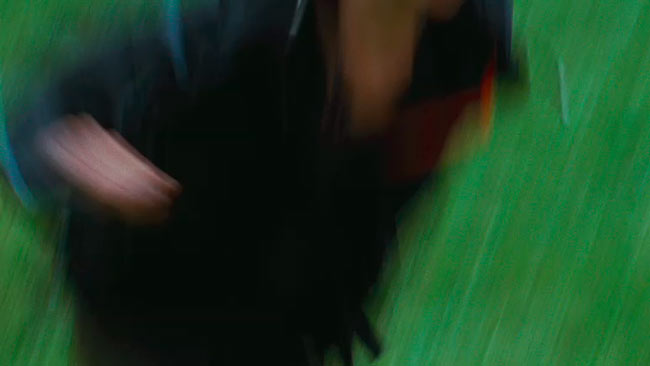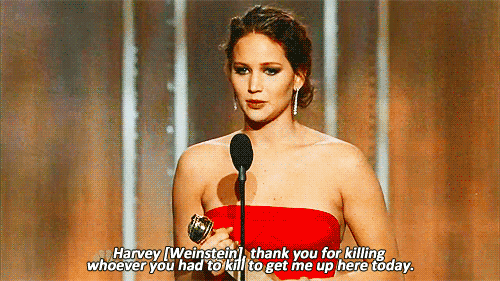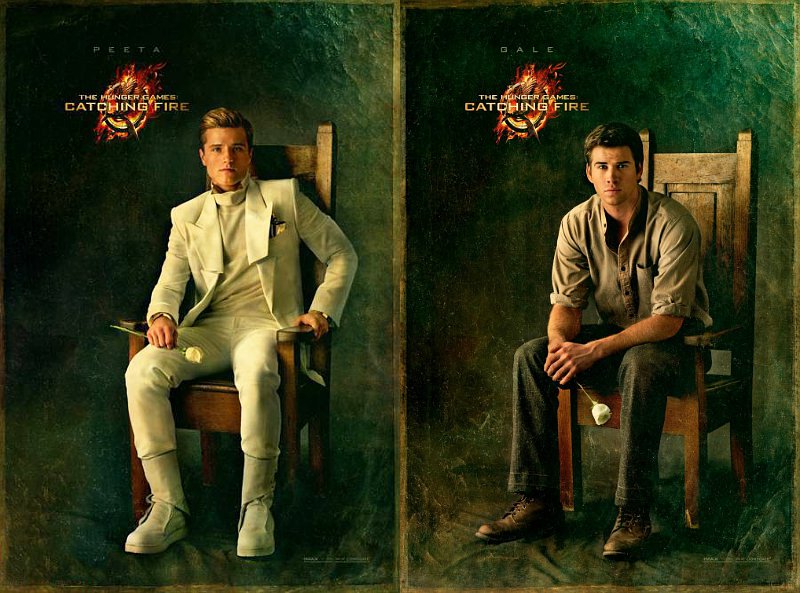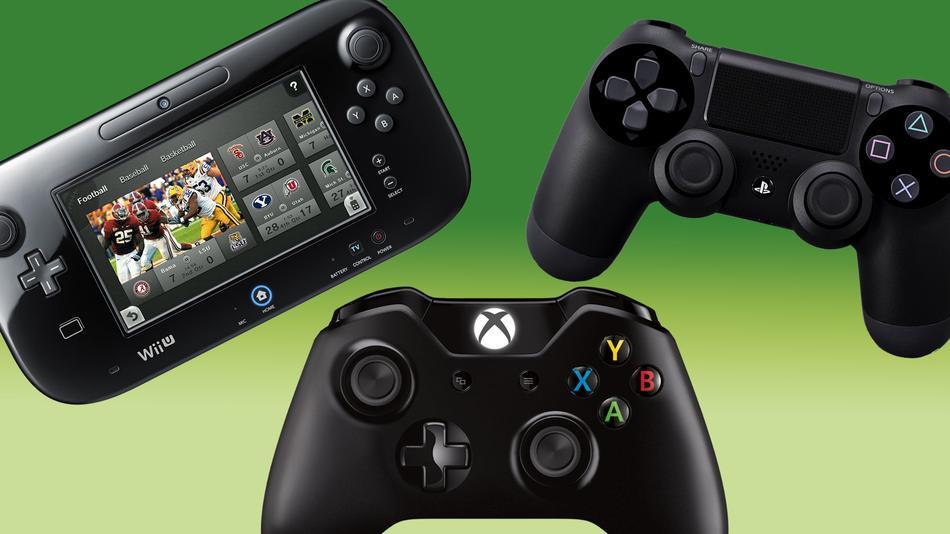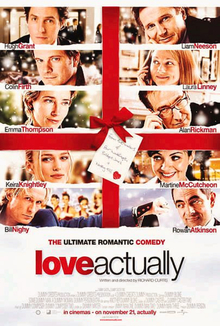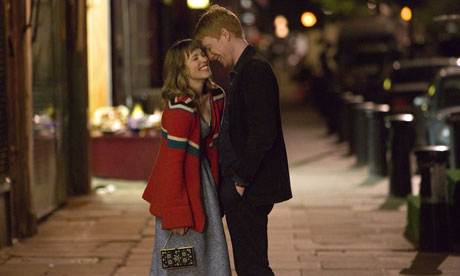Getting to Know Comics: Entry 2- Daredevil
By Andrew Braid
-->
Hey everyone, and welcome back to Getting to Know Comics! In each entry I cover a different
popular character in the comic book medium, celebrating what’s made them endure
in reader’s hearts and offering a selection of reading recommendations to get
people started. In other words, this series is for the casual and uninitiated
reader just as much as it is for the hardcore fan who just loves comics!
...You didn’t buy that for a second,
did you? Well, um... just trust me on this one, okay? Anyway, let’s take a look
at The Man Without Fear, Daredevil!
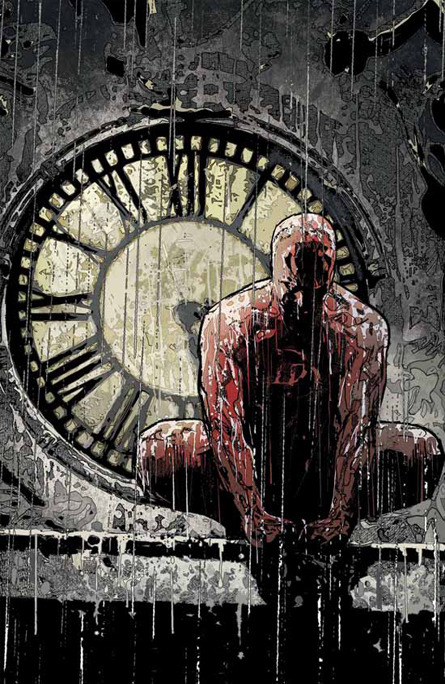 |
| Cover for Daredevil #62, my personal favorite cover for the character. Because brooding's never looked so cool. |
-->
Raised by his
boxer father “Battlin’ Jack” Murdock in New York (aka where every superhero
lives ever), Matt Murdock is blinded by radioactive waste in a road accident
when trying to save the life of an old man. While finding that he can no longer
see, his other senses have been hugely enhanced by the accident- his hearing ,
touch, and smell. Through a combination of these senses he also gains a form of
“second sight” called a radar sense. When his father is murdered by gangsters
after he refuses to throw a match, Matt trains to become both a respected
lawyer of the law and the crime-fighting vigilante of Hell’s Kitchen, The Man
Without Fear... Daredevil!
Stan Lee created Daredevil in 1964
among his many demands for writing new characters at the time. Lee initially
had concerns as to how people would respond to the idea of a blind superhero,
worried that he may unintentionally offend anyone. Much to his relief, response
from readers and the blind community was very positive, and Daredevil has
remained an ongoing title to this day. Initially wearing a mainly yellow
costume (akin to an actual stunt daredevil), the costume quickly changed to the
all-red suit we know today. In the early days Daredevil fought a more colorful
list of rogues akin to other comics at the time, fiends such as the Owl,
Stilt-Man and Leap Frog (I really didn’t make up that last one). Around the
beginning of the 70s the title had kind of settled into a status of an
“also-ran”, one of Marvel’s lower-tier characters who had fans but kind of just
stuck around there. Then, around the end of the 70s a young artist making his
way through the comics industry was given a shot at Daredevil, initially
beginning as just the artist, and soon later the writer as well. His name:
Frank Miller.

Okay, cut the angelic choirs, let’s
get back to reality. I have many (and I mean MANY) beefs with Frank Miller as a
writer. But despite how off-the-rocker he may be, he’s had a huge impact on the
comics industry and on Daredevil in particular, singlehandedly skyrocketing the
character’s popularity and defining his world and stories for decades to come.
Miller infused a series that was once lighthearted and colorful like other
Marvel series of the time with his signature noir aesthetic, reinventing
Daredevil as a tortured vigilante with a seemingly never-ending spiral of
personal troubles. A more Eastern influence pervaded the book, with a focus on
the dark and mystical ninja group known as The Hand, who trained the newly introduced
character Elektra, a skilled assassin and former college girlfriend of Matt
Murdock. Blind mentor Stick was created as a former mentor of Matt who trained
him in honing his enhanced senses into fighting ability. Bullseye, a lower-tier
character whose main attribute was an uncanny sense of aim, became one of
Daredevil’s greatest foes and has haunted old hornhead ever since, having
killed not one but two of his major love interests in front of him. But
most importantly he took former also-ran Spider-Man villain the Kingpin and
turned him into Daredevil’s primary nemesis, the very representation of the
overreaching power and calculating evil of the corrupt businessman. Here was a
villain who played his hand indirectly, but never from the shadows, rather
watching openly from his skyscraper window with a cigar and his best suit. He’s
dirty and everybody knows it, but nobody dares touch him. While he and
Daredevil have fought each other with their fists more than once, it was
usually a battle of wills and wits, a never-ending war between crime and
justice that often took place outside the ring.


Now, I’m going to admit: for the
longest time, I just didn’t have much interest in Daredevil. In fact, I seemed
to keep avoiding it at every opportunity (and no, it wasn’t merely because the
2003 movie with Ben Affleck was a tonally-jumbled, poorly-acted piece of crap).
Honestly, I have no good reason why. It could have been I just didn’t think the
character was my cup of tea, I hadn’t really developed any taste for the kind
of gritty, noir-style crime drama the series was known for and for decades defined by, my instinctual distrust of Frank Miller... many possible reasons*1.
But when I heard about all the heaps of praise that the recent Daredevil series
by Mark Waid had been getting, I felt compelled to check it out, especially
being a fan of his run on Fantastic Four. Seriously, at this rate if Marvel and
DC really want new readers, they should get Waid to write as many titles as
possible, or at least follow his methods, since he knows exactly how to
make a comic accessible. Anyhow, judging from all those heaps of praise you can
tell I regret my prior line of thinking. Daredevil is just a fantastic, cool,
fascinating character. He may not have as big a fanbase as Batman or
Spider-Man, but those fans know in their hearts that Daredevil often gets the
best stories.
But why is that? Well, it all comes
down to what Marvel does best- flawed, human characters. Here’s a character
whose superpowers were a true double-edged sword, permanently disabling him but
also granting him amazing abilities far beyond most human beings. So when we
see Daredevil leap through the air, swing across New York, or perform all the
death-defying stunts he does, we have to know it’s just a man, a
flesh-and-blood vulnerable human being under that mask and red outfit. But we
don’t see that. What we see instead is larger-than-life, something so much
more, someone who can seemingly do anything, someone who always finds a way
even with staggering odds against him. We see a hero, and that’s before we even
get into who he really is underneath all that. I know this all sounds cheesy,
and you could apply that kind of statement to any major comic book superhero.
But it’s that extra twist to the standard formula, a man who truly sees no
fear, which makes Daredevil’s heroics all the more gripping.
The psyche of the man under that
mask, Matt Murdock, is where things really get interesting, and speak to the character’s
true appeal. An attorney of law, Matt Murdock is the kind of character who
stands for justice both in and out of costume, often devoting as much time to
the common man’s troubles as he does making a stand against the violent and
dangerous men as Daredevil. His determination and frequent stubbornness play
into both of his lives, for better and for worse, never backing down from a
fight, but often letting his words do the sparring over his fists. He is a man
frequently wrought by inner turmoil and tragedy, yet manages to find hope in
the end, even if it’s just a silver lining. It is still enough to keep him
going, no matter how rough things get (and believe me, I’m hard-pressed to
think of any comic book heroes who have had more rough times than Daredevil). He
is flawed like any of us, if not more so, yet strives harder than anyone to do
what’s right regardless. Characters like Batman are driven near the edge at
many points, but Daredevil is a man who seems to perpetually live on that edge,
as every force in his life seems to try and push him over it. He’s had his
entire life dismantled and destroyed more than once, rebuilding only for all
the pieces to almost inevitably fall apart again. But Matt Murdock turns his
vulnerability into strength, more fire to fuel his crusades for justice in and
out of costume. That is the kind of idea we as human beings desire more than
anything, the will to endure, to walk forward without fear.
Recommended Reads:
-Daredevil by Mark Waid
Issues #1-36 (ending in February 2014, pending relaunch)
It’s official: Mark Waid may very well be the greatest comic book
writer alive. Sure, he may not be quite as intellectual and daringly trippy as
Grant Morrison or Alan Moore, but as pure unabashed superhero comics go,
there’s no one doing them better than Waid. His writing reminds you why we love
comics in the first place: the escapism, the action, the heroics, the emotion,
the drama, the humor (oh God, this book is hilarious). But most important is
the fun. Taking away the never-ending gauntlets of utter soul-crushing hell
that writers have been putting the character through for decades now, Waid
allows Daredevil to actually enjoy
having his powers. Yes, even though those powers also make him blind, Matt
Murdock and his hornhead alter ego actually get to have fun, even when faced
with crazy-ass situations. Joined by some of the best artists working in comics
today (Paolo Rivera, Marcos Martin, and Chris Samnee to name a few), Waid
stretches his finely-honed talent of making any and every issue wholly accessible
to new readers, even if it’s right in the middle of an ongoing storyline
(seriously, how does he do it?). Waid’s still-ongoing run (I hope Marvel's new relaunch doesn't really mean the end for his time on the title) got me to start reading Daredevil, and I have no intentions of stopping
now.
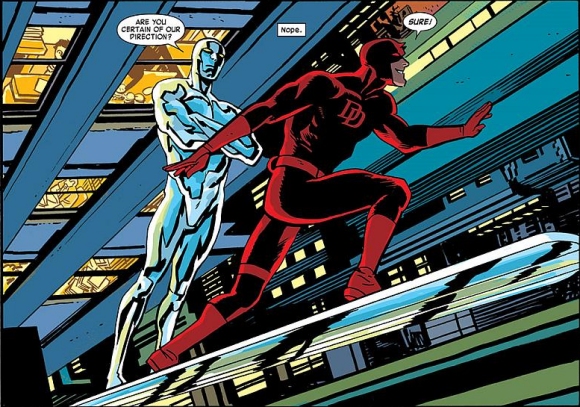 |
| This. This is why I love comics. (From Daredevil #30) |
Also, a while back it won the Eisner
Award for Best Continuing Series. Not that awards matter, but in case you don’t
know, that means you should REALLY
be reading Mark Waid’s Daredevil.
-Daredevil by Brian Michael Bendis and Alex Maleev
Issues #26-50, 56-81, Collected among 3 Ultimate
Collection TPB
While Mark Waid’s run got me to start reading Daredevil, it’s Brian
Michael Bendis’ award-winning tenure on the title that made me a full-blown fan
of ol’ hornhead. Teamed with the outstanding artwork by Alex Maleev, lending the
series its rough, gritty yet stunning visual style, Bendis took the series in
big new directions, taking chances and telling stories that you’d never see in
any other superhero comic. In just a few issues, Matt Murdock’s identity as the
Man Without Fear gets leaked to the press, leading to a media blitz that pushes
Matt over the edge in all new ways, and that’s not even close to the biggest
thing that happens in his life during Bendis’ tenure. Let me reiterate: this
wasn’t one of many Marvel “What if?” stories, nor was it swiftly ret-conned
like it was for Spider-Man after Civil War. This was a real, in-continuity
event that is still haunting the character’s life to this day. Bendis writes
the title with a pitch-perfect blend of legal drama, crime noir and hints of
humor, resulting in an often gripping action-thriller that makes each story a
struggle to put down. And when the villains come out to play, you’d better
believe they make the kinds of impressions most writers kill for. Just take a look
at this moment from issue 49, where Matt’s newfound love Milla is greeted in
the night by his greatest tormentor, Bullseye:
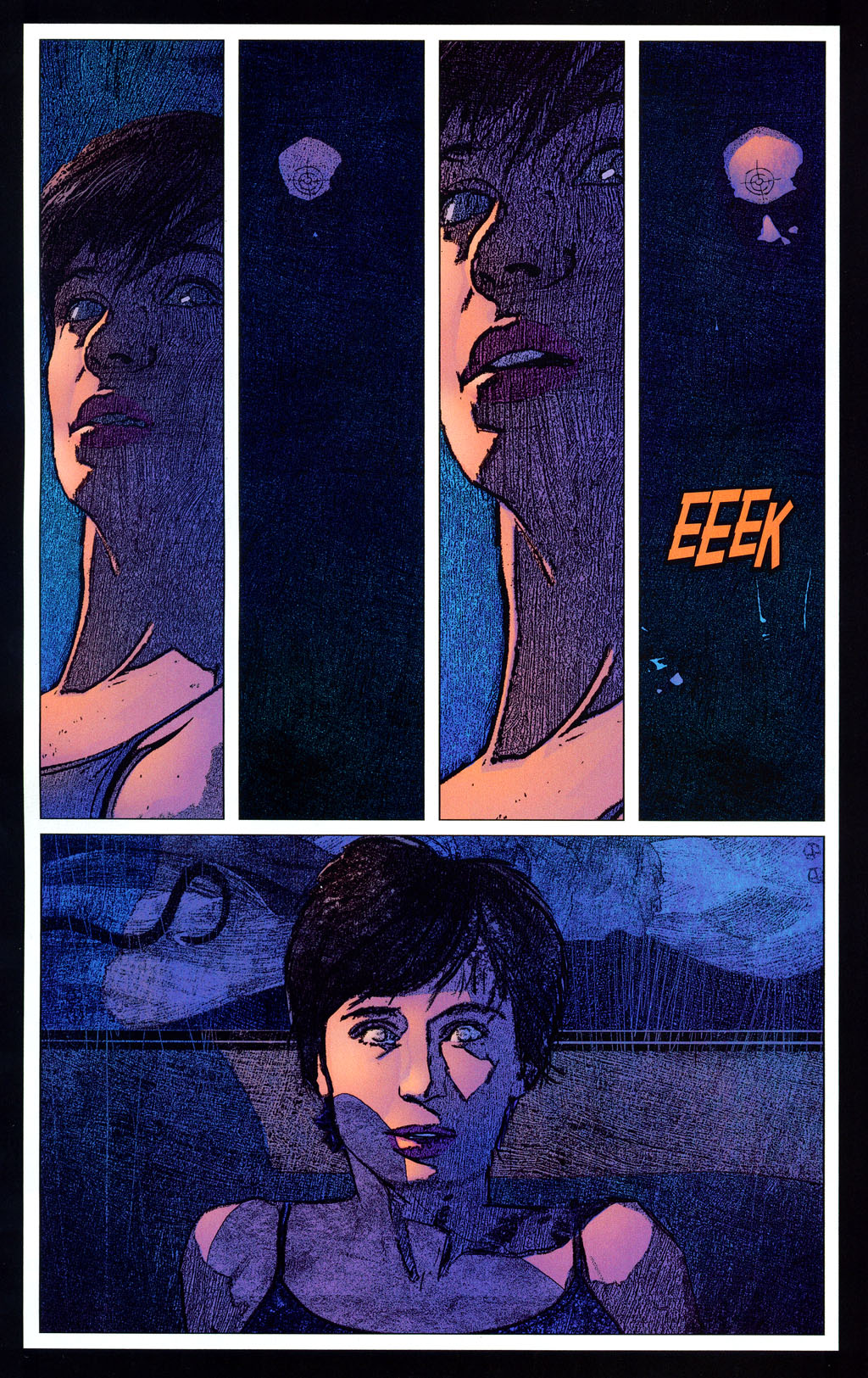 |
|
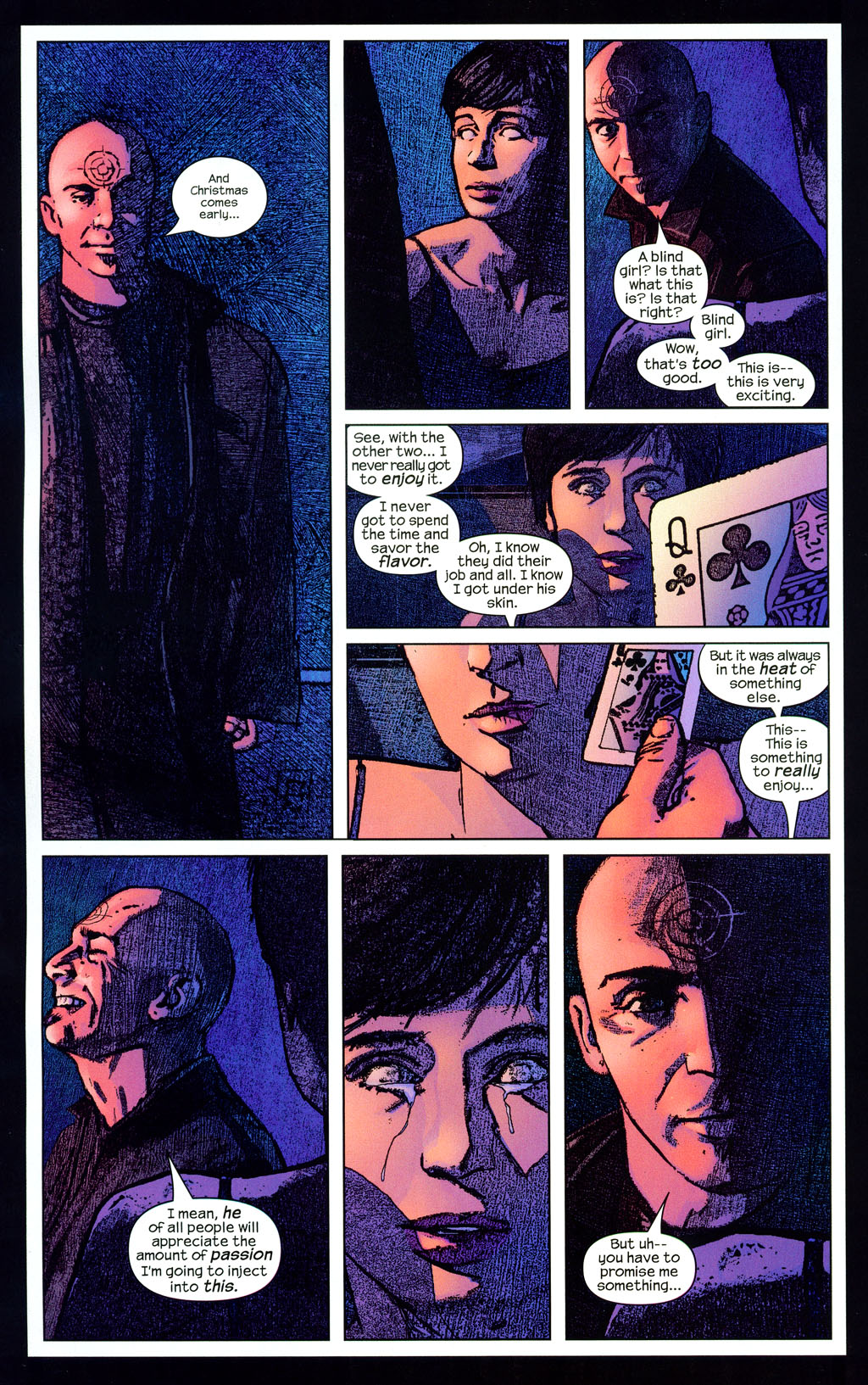 |
| From Daredevil #49 |
Yeah, Daredevil saves her the very
next page, but even so that one page alone minus buildup is intense as all
hell, and I don’t think any moment has ever made me really hate Bullseye as
much as this one. And that includes the moments where he really DID kill Matt’s
girlfriends.
There are many reasons why Bendis’
Daredevil is one of my favorite comic book runs of all time (maybe even my #1
choice), but perhaps the biggest reason why is how it makes you reconsider
exactly what mainstream superhero comics are capable of. To avoid spoilers I
won’t say much more, aside from this: if you want a liberal helping of crime
noir mixed with your superheroes, then Bendis does it best.
*As a bonus note, check out the recently released Daredevil: End of Days, written by Bendis along with fellow Daredevil writer/artist David Mack. It basically acts as a gritty, flashforward coda/ending to the character, pulling heavily from the character's long history. Considering that it's particularly heavy on references to Bendis' own run (and Mack's), I'd recommend it for more hardcore fans once they're better caught up on the character's history. Expect a post in full about the book sometime later down the line.
-Daredevil by Ed Brubaker and Michael Lark
Issues #82-119, 500, Collected among 3 Ultimate
Collection TPB
Note: I’ve neglected to show any
scenes from Brubaker’s run, since it’s pretty much impossible to find any
showcase pages that wouldn’t provide major plot spoilers, both for Brubaker’s
run and for Bendis’ run which preceded it. Seriously, there’s so much s*** that
goes down.
 |
| And I mean a LOT of s***. (Cover for Daredevil #87) |
After Bendis’ brilliant, redefining
run on the title and the way his run ended, the writer who was put in the
unfortunate position of having to follow that up undeniably had their work cut
out for them. There was literally zero chance of topping that, and honestly it
wasn’t topped. But when you’re Ed Brubaker, a writer who lives and breathes
crime and conspiracy fiction, you can give it a damn good try, and the result
is a gripping, excellent run in its own right. I can’t risk going into details
(again, tons of spoilers), but lets’ just leave it at this: if you read Bendis’
run, definitely follow it up with
this one.
-Daredevil: Yellow by Jeph Loeb and Tim Sale
This 6-issue miniseries reteams award-winning writer/artist duo Jeph
Loeb and Tim Sale (Batman: The Long Halloween, Superman: For All Seasons) in a
telling of Daredevil’s origins and early days, namely inspired by the earliest
60s Stan Lee comics, when the character had his original yellow costume. If
you’re looking for a telling of Matt Murdock’s origins, Frank Miller’s The Man
Without Fear is also a great choice, and probably more relevant to the
character in his more recent stories, but I personally find Daredevil: Yellow
is a more entertaining, more powerful story. The biggest reason why is, well,
it isn’t really an origin story. Instead, it’s a love story remembered, a look into
Matt Murdock’s soul as he remembers the good old days with arguably the
greatest love of his life, Karen Page. Sure, it isn’t quite the most cohesive
story per se (it’s more a series of thinly-connected chapters and vignettes
than it is a fully flowing narrative), but in this case it’s not the plot that
matters, but the characters and (more importantly) the emotions. We get a real
sense of just how important Karen was to Matt, the impact she made on his life,
and how painful her eventual death must have been to him. If Daredevil: Yellow
were just a series of early Daredevil adventures re-imagined through Tim Sale’s
gorgeous artwork, that would be enough to make it worth reading, and if that’s
all you really want then you’ll get your money’s worth, as we get to see ol’
hornhead do daring battle with Electro, the Owl and the Purple Man. But it’s
the element that ties it all together, the ever-fascinating emotion of love,
that makes this take on Daredevil’s origins something truly special.
 |
| Tim Sale: An artist so good he even makes the old yellow costume look cool. |
-Daredevil: Born Again by Frank Miller and David
Mazzuchelli
I know, this is redundant by now,
but I just feel like getting it out of my system. I’ve said it before and I’ll
say it again: I am not a fan of Frank Miller. Let me be clear: I was a
fan of Frank Miller. He has done some works that have redefined the medium and
are undeniably great (Batman: Year One, The Dark Knight Returns, Sin City). But
anything he’s done since Sin City after the late 1990s has been, how do I say
it...
Oh yeah: awful.
And I don’t just mean the usual kind
of awful, the one that you can just shrug off and forget about. I mean the kind
of awful that continuously ruins a man’s reputation, enough over time to make
readers like me reflexively want to upchuck whenever his name is attached to
anything. All that amazing goodwill he’d earned and impact he had on the comics
industry? Nope, now it’s just “Goddamn Batman”, numbingly repetitive “noir”
dialogue, questionable politics, and a now overwhelmingly obvious inability to
write female characters who aren’t prostitutes (heck, this trope’s omnipresent
even in his good books).
Okay, I think I’m good. Sorry about
all that. Moving on.
Thankfully, while he has done
unforgivably awful things to Batman in recent years, Miller hasn’t been allowed
to write on Daredevil again for over 20 years now, meaning he hasn’t gotten a
chance to undo all the great, character-defining stuff he did on the book which
made him an industry name in the first place. And while not perfect, Daredevil:
Born Again is his defining Daredevil tale, the one that set the standard for
how to push Daredevil through living hell, and more importantly how he gets
back up again. Reintroducing former flame Karen Page as a heroin junkie
prostitute (gee, big surprise, Frank), the Kingpin learns that Daredevil is
Matt Murdock, and relishes in destroying his nemesis thoroughly and completely.
The part that really pushes the book over the top and a big reason why it still
holds up is the fantastic artwork of Miller’s Batman: Year One collaborator
David Mazzuchelli. His detailed, noir-flavored visual flair synchs perfectly
with the material, and features many panels that are just flat-out iconic. This
is still seen by several fans as the defining Daredevil story, and while
I’ve liked other hornhead stories better, it’s easy to see why Born Again has
such a strong reputation.
 |
| Also, this page. Just... just this page. |
Also Check Out: Frank
Miller (#158-161, 163-191), Daredevil: Guardian Devil (by Kevin Smith and Joe
Quesada), Daredevil: The Man Without Fear (by Frank Miller and John Romita Jr.)
What to Avoid:
-Daredevil: Shadowland
You don’t even have to have read
Shadowland or any of the other titles wrapped up in this recent and best-left
forgotten event series to know it’s bad. This series screwed over Daredevil so
bad that it necessitated Mark Waid’s current, more lighthearted re-launch if
the character were to recover his credibility. It only takes a one-sentence
summary of the basic plotline to understand why fans tend to hate this story,
and why Marvel gladly did their best to pretend it never happened. Here goes:
Daredevil gets possessed by a demon.
No, really, Daredevil gets
possessed by a demon.
 |
| I don't care how many ninjas you add behind him, it's still a dumb idea. |
That’s literally the plot of this entire event
series. That and he kills a bunch of people, including Bullseye. Because that's what you do when you need to push a purposely street-level hero character "over the edge" for the sake of having him go on murderous rampage (also not a good direction for most hero characters, as Hal Jordan fans can attest)- you involve freakin' demonic possession. I mean, it's not like there are plenty of other non-supernatural ways to drive Daredevil over the edge for the sake of a big story. It's not like he already straddles the whole "over the edge" thing constantly as it is. I dunno, but
really, do you even need to bother reading the actual story to know it’s a
dumb, ill-conceived idea for a Daredevil story, let alone a major multi-title
spanning event series?
-Daredevil: Season One
I know, I know, broken record and
all that jazz, but in this case, it’s not just that the Season One line so far
is pretty lacking in inspiration or new twists to these old origin stories
(though I like what I see of Hulk: Season One and Doctor Strange: S1, and
Avengers: S1 is pretty solid). No, in this case the book’s major crime is just
not being good. This more than any of the other books in the line so far feels
redundant, particularly since the previously featured Daredevil: Yellow is
literally the SAME FREAKIN’ STORY. I swear, multiple scenes play out in far too
similar fashion, with multiple lines repeated nearly verbatim. They do the
scene of Daredevil getting vengeance on his father’s killers, they do the fight
with Electro, they even copy the scene where Daredevil saves a kidnapped Karen
from the Owl, and the plot beats play out with virtually no difference! This
would be forgivable if the book didn’t come off as so boring, joined by
competent yet fairly dull artwork that’s completely steamrolled by Tim Sale’s
beautiful panels for Yellow. And once again, this Season One book comes with
the first issue of the current ongoing run, in this case Mark Waid’s Daredevil.
Because nothing makes a weaksauce book worse than having it come packaged with
a tease of the far better (and cheaper) book you could have bought instead.
 |
| I'm already yawning just looking at this. |
Thanks again for tuning into Getting
to Know Comics! Next time we take a look at the one, the only, the Dark Knight
himself: Batman!
*1:
But mostly that last one.





